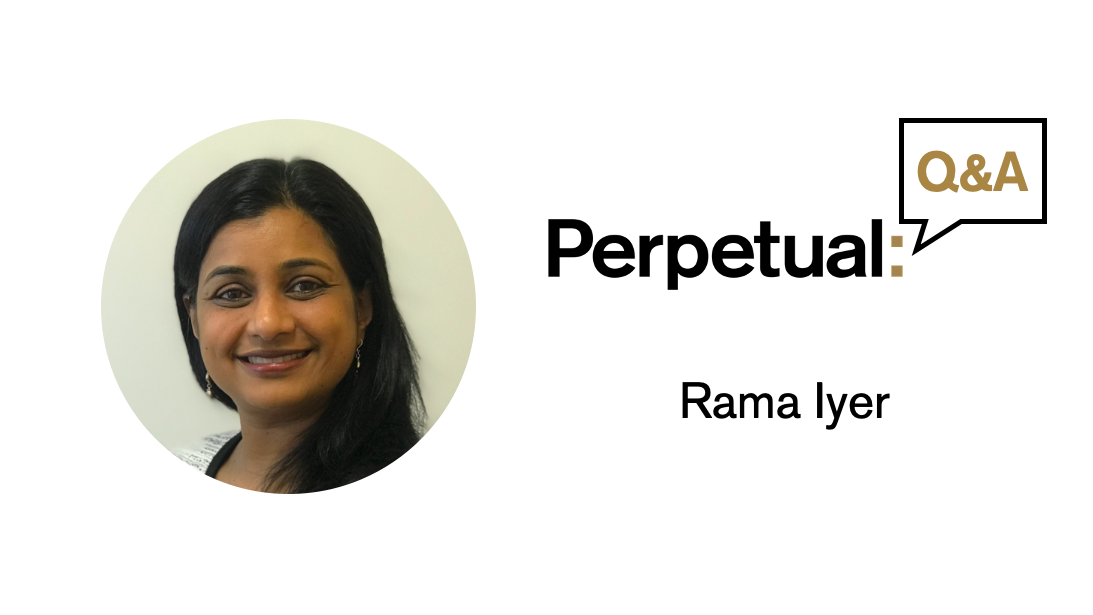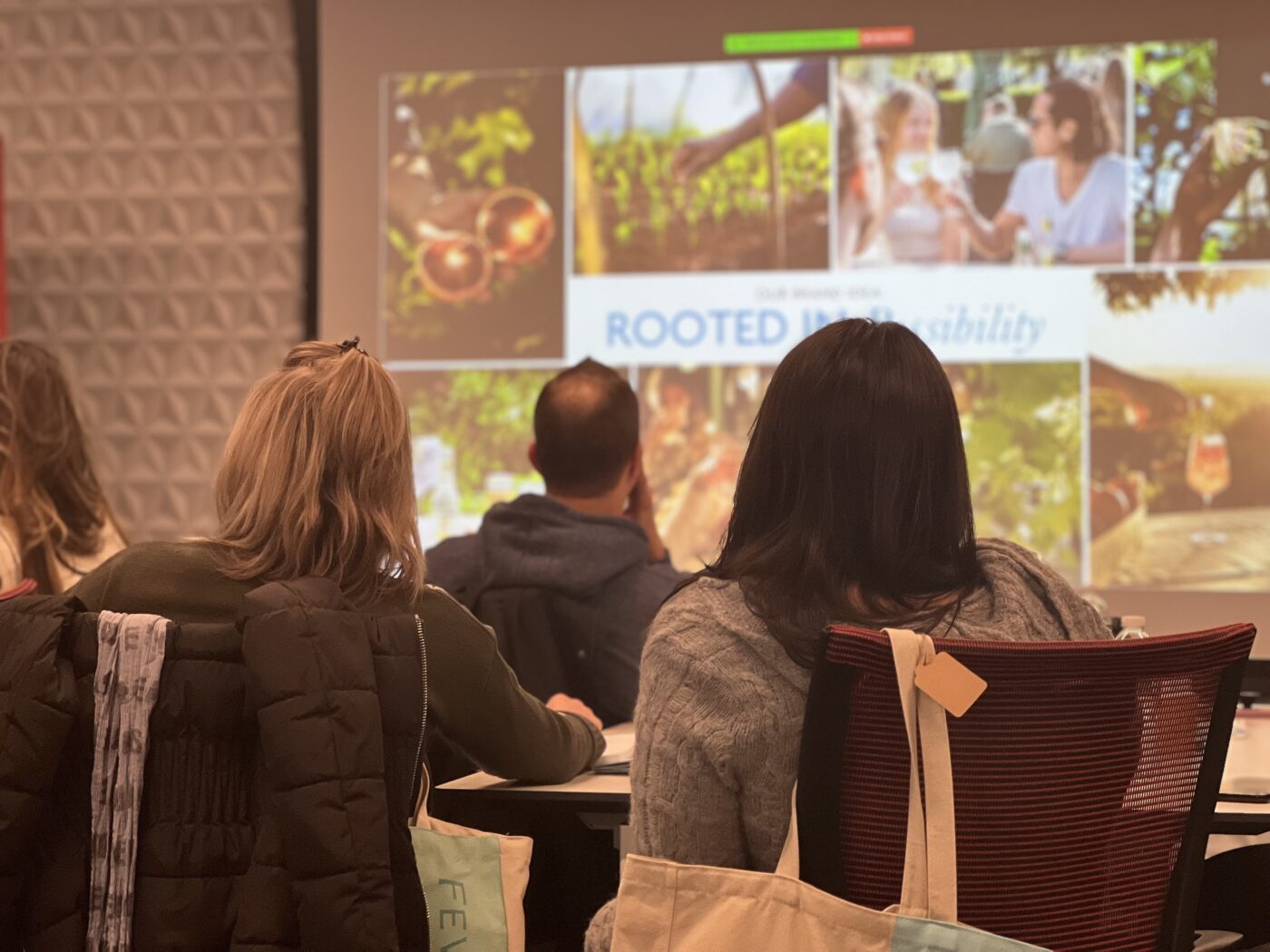1) Can you offer a quick overview of your company and your role within the organization?
Charter Communications is a leading broadband communications company and currently the second-largest cable operator in the U.S. that provides TV, Internet and Voice services under the Spectrum brand. We have more than 94,000 employees and over 27 million residential and business customers in 41 states.
My role involves designing and adapting organizational effectiveness initiatives for two key customer-facing business units. These include but are not limited to driving high individual and team performance, talent development and customized top talent programs
2) How do you integrate the business strategy into your goals and initiatives?
Our industry and organization has gone through immense change. Specifically, Charter completed a large integration of three organizations almost three years ago, and we have been transforming since then.
One important consideration for my work is understanding what leadership capabilities we will need in order to succeed in the future and weave them into any Organization Effectiveness program or initiative I design or lead. For example, one of my key projects right now is an experiential development program for growing talent. The selection of talent, design of their experiences, mentoring they receive and training they will undergo during this program, are all aligned towards those future leadership capabilities. We have also used foundational tools, like experience maps, in building this program that clearly ground it to business reality.
3) What do you consider the top 3 challenges for an HR professional these days?
Grounding HR strategy in business outcomes involves showing return on investment (ROI) for HR initiatives. This can be extremely tricky in areas like change management or leadership development. While there is no perfect answer to this challenge, one way of mitigating it is to have clear success outcomes at the start of any HR program, which may be measured using metrics, commercial targets, feedback ratings or demonstrable behaviors.
Prioritization and optimum longevity on initiatives is the second challenge. We live in a time of data overload and one is always being bombarded with new ideas, research and best practices across the industry. It is important for an HR professional to resist the “new shiny object” temptation and ground every initiative in a real business need. The fastest way to lose credibility is by throwing new initiatives at business leaders without respect for their time and mind-space. It is a delicate balance to stay attuned to change and drive a corresponding shift in the HR function but also stick with practices and initiatives long enough to understand their value and impact.
Lastly, technology solutions for HR processes lag in terms of customer interface and ease of use. One constant feedback I have received in my 20 years of HR experience across myriad organizations and countries is how non-intuitive HR technology solutions can be. There has definitely been an improvement but ensuring the technology is nimble enough to support the process and culture of an organization is challenging. In this context, the role of an HR professional in educating themselves about technology, defining expectations for HR technology teams and training users to use the technology, becomes immensely critical.
4) How do you work with your business partners to get the most out of your function?
As a center of excellence (COE), our mission is to bring expertise that helps our HR business partners achieve their business goals. Therefore, the priority is very clear- make the lives of business HR leaders easier, not more complex. The success of any work a COE does is measured by how positively it impacts business results and the feedback from our business HR partners.
Once we internalize this objective, other steps in engaging and partnering with business HR leaders just follow. I continuously conduct intake sessions with HR leaders on their priorities, ensure I understand their business, interview business leaders during the design phase of any project and most importantly, work as an extended arm of the HR leader I support.
5) How can HR professionals be strategic?
Strategy is an overused term in the corporate world. If we define “being a strategic HR professional” as having a proactive long-term approach and avoid being in a constant reactive mode, then the most important capability an HR professional should demonstrate is being able to synthesize data to predict future talent trends and communicate them in a simple, clear manner to business leaders. This is not a simplistic analytic capability.
First and foremost, it involves understanding the external environment, examples of which are the regulatory landscape, talent mobility and generational preferences. Next, add a deep understanding of the future direction of the industry and own organization to the mix. Then synthesize all this information to arrive at the most important and impactful imperatives for the HR function. This allows an HR leader to have a strategic direction as opposed to constantly reacting to events and exigencies. Having said that, it is important we stay open to a plan change or adjustment as new information comes to light. Let me share an example. Going back to my days in a small media organization, we understood that a successful transition from a primarily print business to a deep digital capability would require that we understand our changing customer preferences and that too in short order. In order to do so, it was important for us to reflect internally on the diversity of our market. Mapping our customer segments to mirror our recruitment efforts became one of the bulwarks of our talent strategy.
About Rama Iyer – LinkedIn
Rama Iyer is an HR Business Professional with broad exposure to multiple industries and geographies. She specializes in HR leadership for transformation, change management, organization design, talent management and design/execution of core HR processes.










